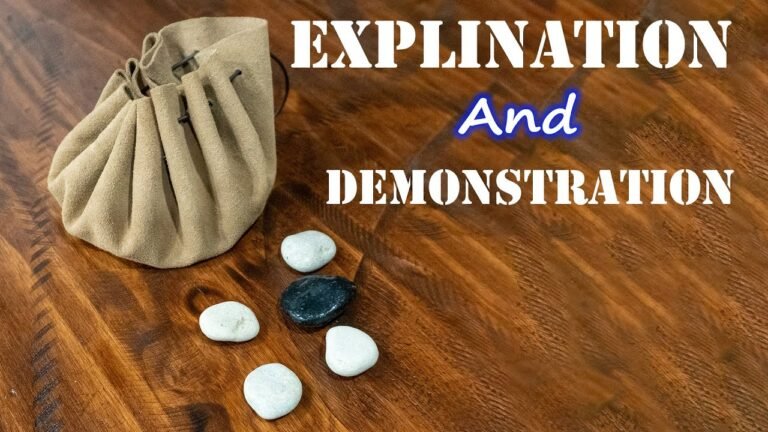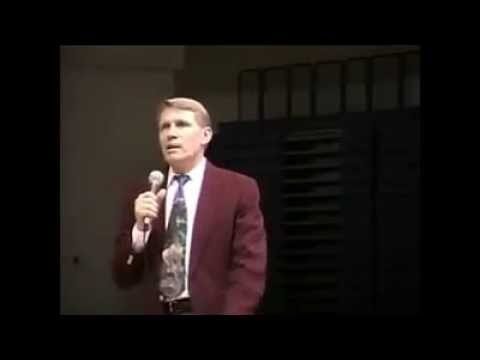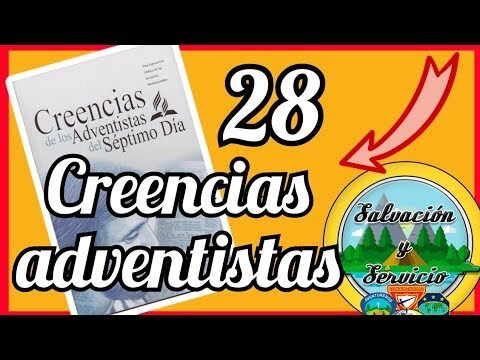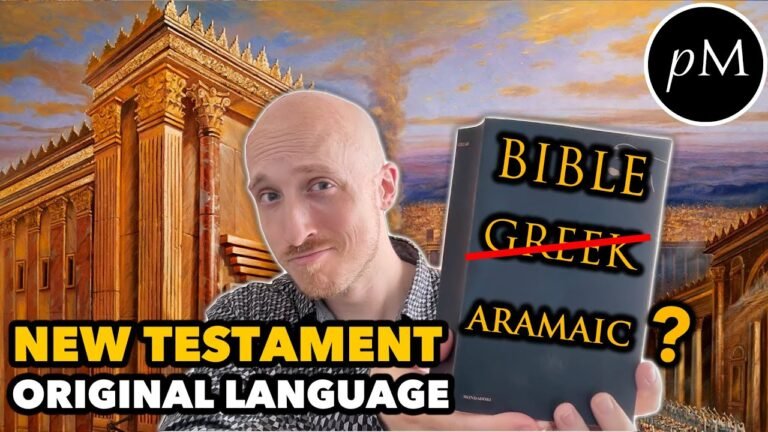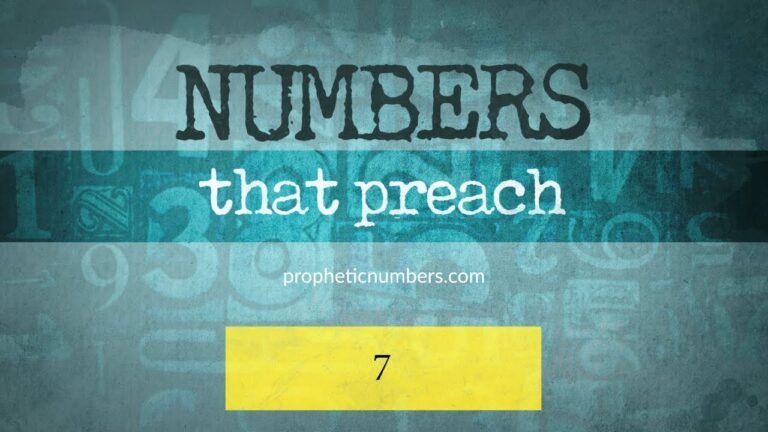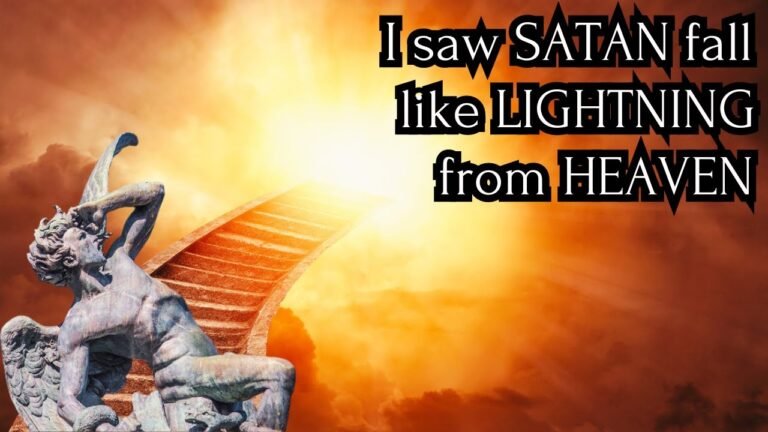The Significance of Biblical Casting Lots in Decision Making
Throughout history, the practice of biblical casting lots has served as a fascinating glimpse into the decision-making processes of ancient cultures. This method, often seen in the scriptures, reflects a profound reliance on divine guidance and chance, where individuals sought clarity in times of uncertainty. From the selection of leaders to the division of land, casting lots was more than mere chance; it was a spiritual act imbued with meaning and purpose. As we explore the significance and implications of this ancient practice, we uncover how it shaped the lives of those who embraced it and continues to resonate in contemporary discussions about fate and free will.
What is the significance of casting lots in the Bible?
Casting lots in the Bible represents a significant method of decision-making, often seen as a way to discern divine will. In the context of the early Christian church, as illustrated in the book of Acts, this practice was employed to select a new apostle following Judas Iscariot’s betrayal. This act was not regarded as mere chance; instead, it was infused with a sense of spiritual guidance and purpose, reflecting a deep trust in God’s sovereign plan.
Historically, casting lots involved using physical objects, such as stones or sticks, to determine outcomes. This method was rooted in ancient traditions, where it was believed that the outcome was influenced by God. For the apostles, this act was a solemn and prayerful process, indicating their reliance on divine intervention rather than personal judgment or ambition. It exemplified a communal approach to leadership, underscoring the importance of divine selection over human preference.
In contemporary understanding, the concept of casting lots may seem akin to gambling or random selection, but its biblical context reveals a profound spiritual significance. It serves as a reminder of the importance of seeking divine direction in critical decisions, encouraging believers to trust in God’s guidance rather than relying solely on human reasoning. Ultimately, casting lots illustrates a dynamic interplay between faith, community, and divine authority in the early church.
Is the practice of casting lots in the Bible equivalent to gambling?
Casting lots in the Bible served a distinct purpose that is often misinterpreted as gambling. It was a method used to make decisions, seek divine guidance, or allocate responsibilities among individuals, particularly in matters of significant importance. This practice was seen as a way to allow God to influence the outcome, reflecting a reliance on divine wisdom rather than mere chance or personal gain.
While there are surface similarities between the randomness of casting lots and modern gambling games, the intentions behind these actions differ significantly. Gambling often revolves around the pursuit of profit or entertainment, driven by personal desire and risk-taking. In contrast, the biblical practice was rooted in faith and community, emphasizing collective decision-making under divine oversight rather than individual gain.
Ultimately, the distinction lies in the motivations and implications of each practice. Casting lots was a sacred act intended to align human choices with divine will, while gambling typically centers on chance and the potential for monetary reward. Understanding this difference highlights the importance of context when comparing ancient traditions with contemporary activities.
What is the meaning of the term cast of Lot?
“Cast of lot” refers to the act of aligning oneself with a particular group or community, embracing their shared experiences and fortunes. This expression often signifies a deep commitment to the collective journey of that group, highlighting a willingness to embrace both the highs and lows of their shared existence. For instance, when someone decides to “cast their lot” with a certain crowd, they are choosing to invest their time, energy, and identity into that social circle.
In a vivid example, a young artist may choose to cast her lot with the bohemian crowd, immersing herself in their creative pursuits and unconventional lifestyle. This decision not only shapes her identity but also influences her artistic expression, as she navigates the vibrant yet unpredictable world shared by her newfound companions. Ultimately, casting one’s lot is about forging connections and taking risks, as it signifies a journey of solidarity and shared destiny.
Divine Guidance Through Ancient Practices
Throughout history, ancient practices have provided a profound connection to the divine, guiding individuals in their personal and spiritual journeys. From the meditative rituals of Eastern philosophies to the sacred ceremonies of Indigenous cultures, these time-honored traditions offer wisdom that transcends generations. By engaging in these practices, individuals can tap into a deeper understanding of themselves and the universe, fostering a sense of peace and purpose that modern life often overlooks.
Embracing these ancient methods can lead to transformative experiences, as they encourage mindfulness and reflection. Whether through the repetitive chants of mantra meditation or the grounding rituals of nature walks, these practices serve as pathways to clarity and insight. In a fast-paced world filled with distractions, reconnecting with these divine traditions can illuminate our paths, helping us navigate life’s challenges with grace and resilience.
Navigating Choices with Faith-Based Methods
In a world filled with endless options and complex decisions, navigating choices can often feel overwhelming. Faith-based methods offer a guiding light, allowing individuals to align their decisions with their core values and beliefs. By incorporating spiritual principles into the decision-making process, one can cultivate clarity and confidence, ensuring that choices resonate deeply with their personal convictions.
Embracing faith as a compass encourages a reflective approach to decision-making. This involves prayer, meditation, or consultation with trusted mentors who share similar values. Such practices not only foster a sense of peace but also help in discerning the right path amidst competing interests. This spiritual foundation can transform choices from mere transactions into meaningful actions that contribute to personal growth and community well-being.
Ultimately, navigating choices through faith-based methods empowers individuals to live authentically and purposefully. By grounding decisions in their beliefs, people can transcend societal pressures and expectations, leading to a more fulfilling life. This journey of aligning choices with faith not only enriches personal experiences but also inspires others to pursue their own paths with intention and integrity.
The Role of Chance in Sacred Decisions
In the intricate tapestry of life, chance often weaves its threads into the fabric of our most sacred decisions. Whether it’s a chance encounter that leads to a profound relationship or an unexpected opportunity that alters the course of our careers, these serendipitous moments can hold significant weight in shaping our destinies. Embracing the unpredictability of life allows us to remain open to possibilities that we might otherwise overlook, infusing our choices with a sense of wonder and spontaneity.
Sacred decisions are not solely born from careful planning and logical reasoning; they often emerge from the interplay between intention and chance. When we allow ourselves to be guided by intuition, we invite the unexpected into our lives. This balance between control and surrender can lead to transformative experiences, reminding us that while we may seek stability and certainty, it is often the unpredictable paths that lead to the most meaningful outcomes.
Ultimately, recognizing the role of chance in our sacred decisions encourages us to cultivate a mindset of acceptance and curiosity. By appreciating the random events that influence our journeys, we can foster resilience and adaptability in the face of uncertainty. This perspective not only enriches our decision-making processes but also deepens our connection to the world around us, reminding us that every twist and turn has the potential to reveal hidden blessings and profound insights.
Trusting Providence: A Historical Perspective
Throughout history, the concept of Providence has served as a guiding light for individuals and communities alike. From ancient civilizations to modern societies, people have sought solace in the belief that a higher power directs their paths. This trust in Providence has shaped cultural narratives, influencing decisions in times of uncertainty and inspiring resilience amid adversity. It has provided a framework for understanding life’s unpredictability, allowing individuals to find meaning and purpose even in the face of challenges.
In various historical contexts, trusting Providence has manifested in significant events, from the founding of nations to personal stories of triumph over hardship. Leaders and ordinary citizens have invoked this belief to rally support, foster unity, and create a sense of hope. The American Revolution, for instance, was steeped in the idea that divine guidance was at play, motivating individuals to fight for freedom and justice. Such collective faith not only fortified communities but also cemented a shared identity grounded in the belief that their struggles were part of a larger, divinely ordained plan.
As we reflect on the past, it becomes clear that trusting Providence is not merely a relic of history but a vital part of the human experience. This enduring belief continues to influence contemporary thought, encouraging individuals to navigate life’s complexities with a sense of purpose. By recognizing the historical significance of Providence, we can better understand its role in shaping our present and guiding us toward a hopeful future. Embracing this perspective invites us to find strength in uncertainty, reminding us that we are part of a larger narrative woven through time.
Casting Lots: A Timeless Tool for Clarity
In a world filled with complex decisions and overwhelming choices, casting lots offers a refreshing return to simplicity and clarity. This ancient practice, rooted in various cultures, serves as a powerful tool for resolving dilemmas and guiding individuals toward the right path. By relinquishing the burden of decision-making to chance, participants can foster a sense of trust in the process, allowing for a more open and honest exploration of their options. The act itself becomes a moment of reflection, providing clarity not just in the outcome, but in the intentions behind the choices made.
Beyond its historical significance, casting lots resonates with modern seekers of wisdom and direction. In an age where information overload can cloud judgment, this time-honored method encourages a pause, inviting individuals to reconnect with their intuition and values. Whether used in personal reflection or group decision-making, casting lots can illuminate paths that may have otherwise remained obscured. Ultimately, it transforms uncertainty into opportunity, reminding us that sometimes, the simplest methods can yield the most profound insights.
Biblical casting lots serves as a powerful reminder of the importance of faith and divine guidance in decision-making. This ancient practice, rooted in scripture, illustrates a reliance on God’s will, encouraging believers to seek spiritual insight in uncertain times. Embracing this tradition today can inspire a deeper connection to faith, fostering a sense of community and trust in a higher purpose. As we navigate our own choices, reflecting on the wisdom of casting lots may lead us to unexpected blessings and clarity in our paths.

